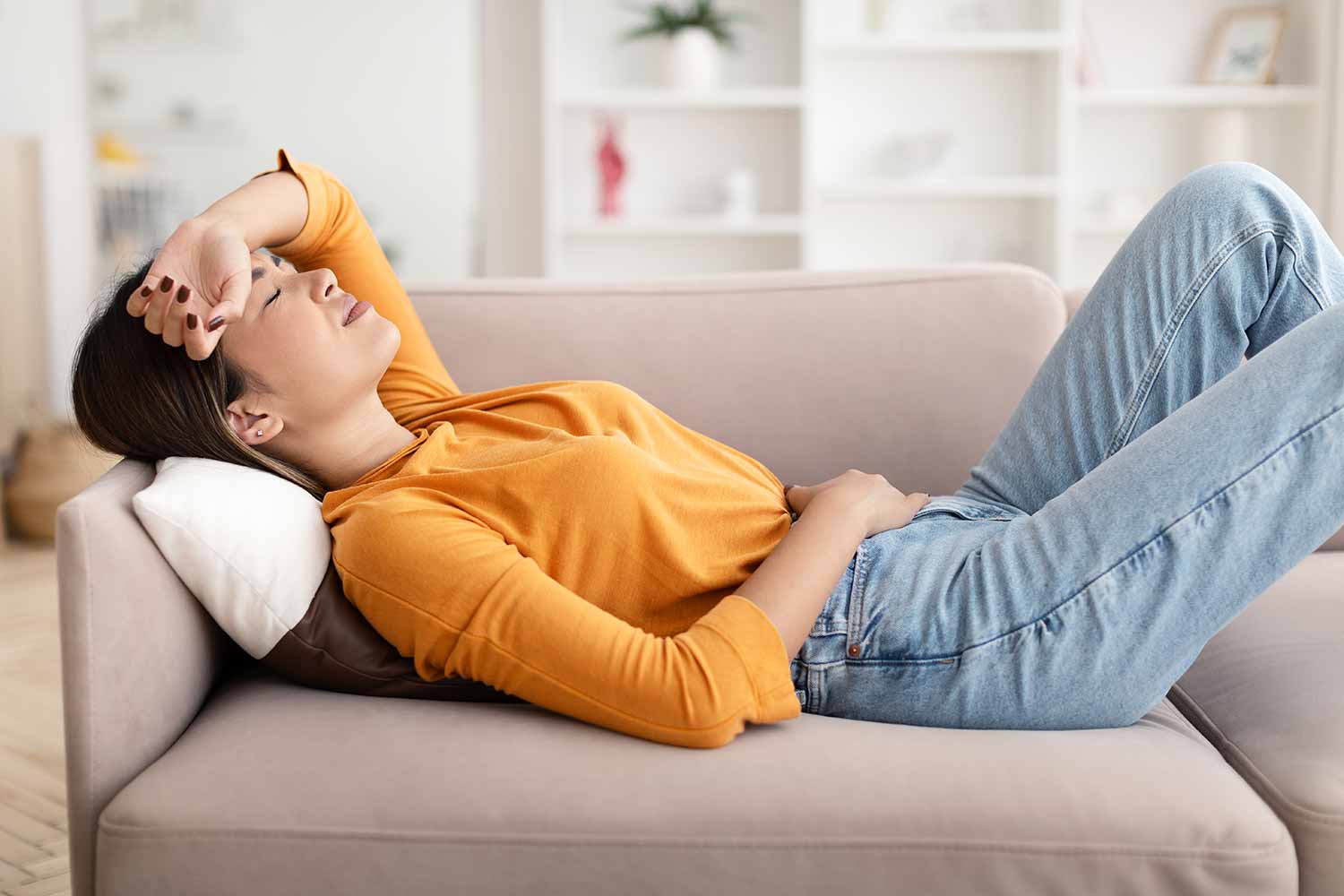The AAATCMD aims to support TCM through member supports, networking, and collaboration. One project the…

The Benefits of Acupuncture for Stress and Anxiety Relief
Introduction
In today’s fast-paced world, stress and anxiety have become prevalent issues impacting millions of people. While conventional treatments such as medication and therapy are often recommended, acupuncture, an ancient practice rooted in Traditional Chinese Medicine (TCM), is gaining recognition for its effectiveness in alleviating stress and anxiety.
Acupuncture: An Overview
Acupuncture involves the insertion of fine needles into specific points on the body, known as acupoints. These points are strategically chosen based on their ability to influence the flow of Qi (energy) and restore balance within the body. The practice aims to stimulate the body’s natural healing processes, promote relaxation, and reduce the physiological impact of stress.
Scientific Evidence Supporting Acupuncture
A growing body of research supports the use of acupuncture for stress and anxiety relief. For instance, a systematic review published in the Journal of Acupuncture and Meridian Studies found that acupuncture significantly reduces anxiety levels, with effects comparable to those of cognitive-behavioral therapy (CBT) (Amorim et al., 2018). Another study in the Journal of Alternative and Complementary Medicine demonstrated that acupuncture effectively reduced perceived stress and improved overall well-being in participants (Dong et al., 2017).
How Acupuncture Reduces Stress and Anxiety
Acupuncture’s effectiveness in reducing stress and anxiety is attributed to several physiological mechanisms. It is believed to stimulate the release of endorphins, the body’s natural painkillers, which also promote a sense of well-being. Additionally, acupuncture may regulate the autonomic nervous system, balancing the sympathetic and parasympathetic responses, leading to reduced stress and enhanced relaxation.
Patient Experiences and Outcomes
Patients who receive acupuncture for stress and anxiety often report a profound sense of calm and relaxation following treatments. Regular acupuncture sessions can help reduce the frequency and intensity of anxiety episodes, improve sleep quality, and enhance overall emotional well-being. These outcomes are supported by both clinical studies and patient testimonials, indicating acupuncture’s holistic benefits.
Conclusion
Acupuncture offers a holistic and effective approach to managing stress and anxiety. By addressing the root causes and promoting overall balance, acupuncture can significantly improve the quality of life for individuals struggling with these issues. For those seeking a natural and complementary therapy, acupuncture is a worthwhile option to explore.
References
- Amorim, D., et al. (2018). Acupuncture and Anxiety: A Systematic Review of the Clinical Research. Journal of Acupuncture and Meridian Studies, 11(4), 115-128.
- Dong, B., et al. (2017). Effects of Acupuncture on Anxiety and Stress in Adult Outpatients: A Randomized Controlled Trial. Journal of Alternative and Complementary Medicine, 23(8), 545-550.


